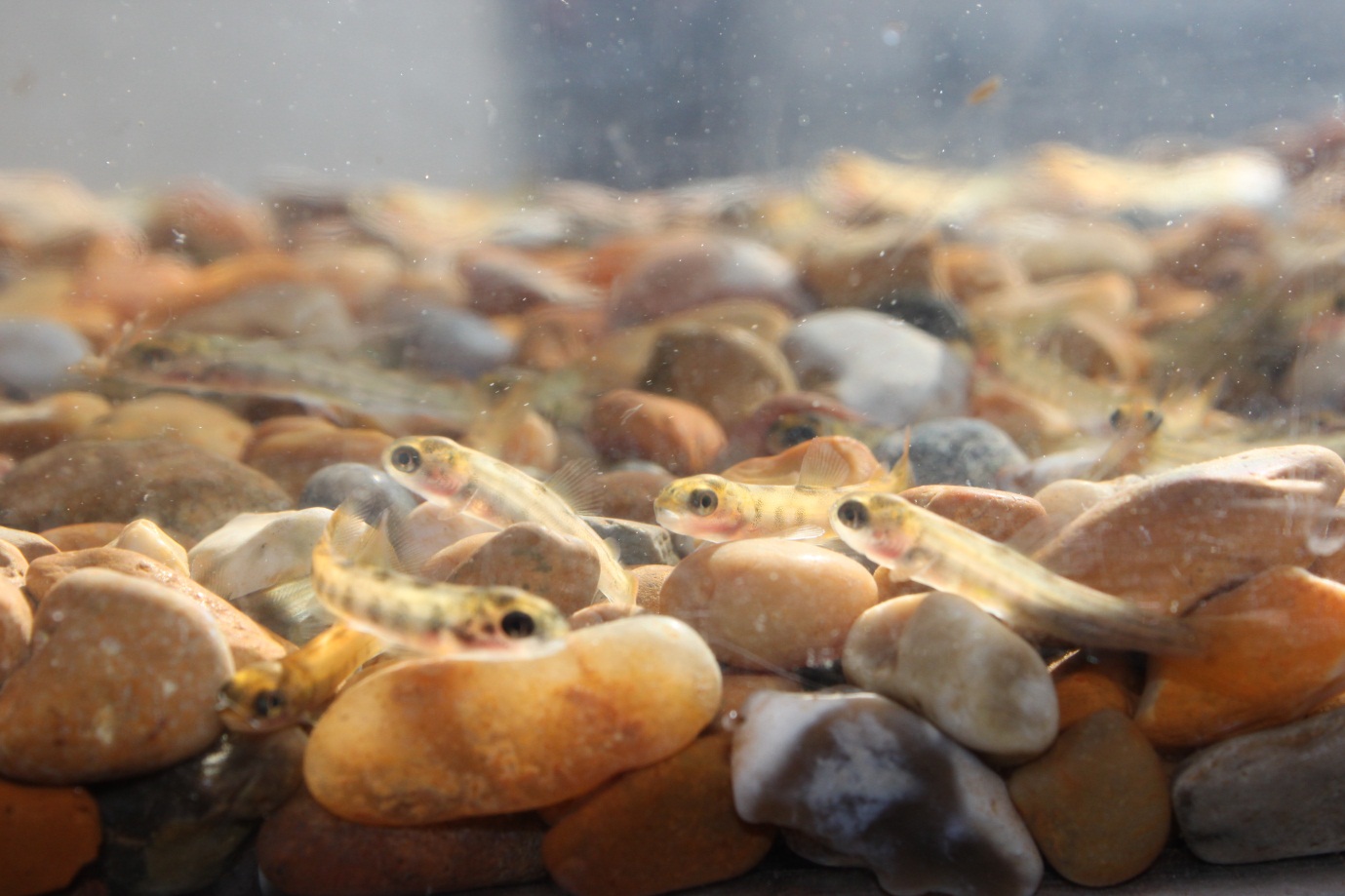This week has so far seen two concerning water-related issues make the news.
Water resource
On Tuesday 26 July, the Environment Agency convened the National Drought Group (NDG) to consider the potential for declaring a drought in England in August.
The group, consisting of government bodies, water companies and interested parties such as River Trusts, reviewed the recent dry spell and the impact it is having on our water resources.
Although they decided not to place restrictions on essential water use at present, the NDG will continue to monitor the situation and is encouraging people to reduce the amount of water they use.
If further measures are required, individual water companies will look to introduce temporary use bans (often referred to as hosepipe bans) with drought permits and drought orders by the Environment Agency and Defra respectively.
The EA Water Situation report highlights the river and reservoir levels across the region and the rainfall trends.
South West Water’s drought plan can be seen at southwestwater.co.uk/environment/a-precious-resource/drought-plan/
For water saving ideas, visit Water UK’s Top Tips at watersworthsaving.org.uk/top-tips/
Salmon numbers
In addition to water level concerns, falling salmon numbers also made the headlines on Monday 25 July as the Environment Agency issued a warning.
Following the publication of the Agency’s annual salmon stock assessment, Kevin Austin, Deputy Director for Agriculture, Fisheries and the Natural Environment for the Environment Agency, said: “Today’s assessment for England is of great concern and without urgent action Wild Atlantic Salmon could be lost from our rivers in our lifetimes.”
For Westcountry Rivers Trust (WRT), fellow river trusts and all the organisations working to support salmon health this is a sobering thought.
Ben Gallant, Rivers & Fisheries lead at WRT said: “We continue to work with a range of fisheries interests and project partners to monitor and manage our rivers to protect, restore and support Wild Atlantic Salmon in our catchments across the South West.
“Our projects focus on multiple elements from the Salmon Five Point Approach and are complimented by a range of other schemes designed to increase the resilience of our river systems and the ecology within them.”
The Salmon Five Point Approach priorities are to improve marine survival; further reduce exploitation by nets and rods; remove barriers to migration and enhance habitat; safeguard sufficient flows; and maximise spawning success by improving water quality.
For WRT, our work is all about bringing rivers to life and we will continue to strive to do so and act as the voice of rivers in the Westcountry.

